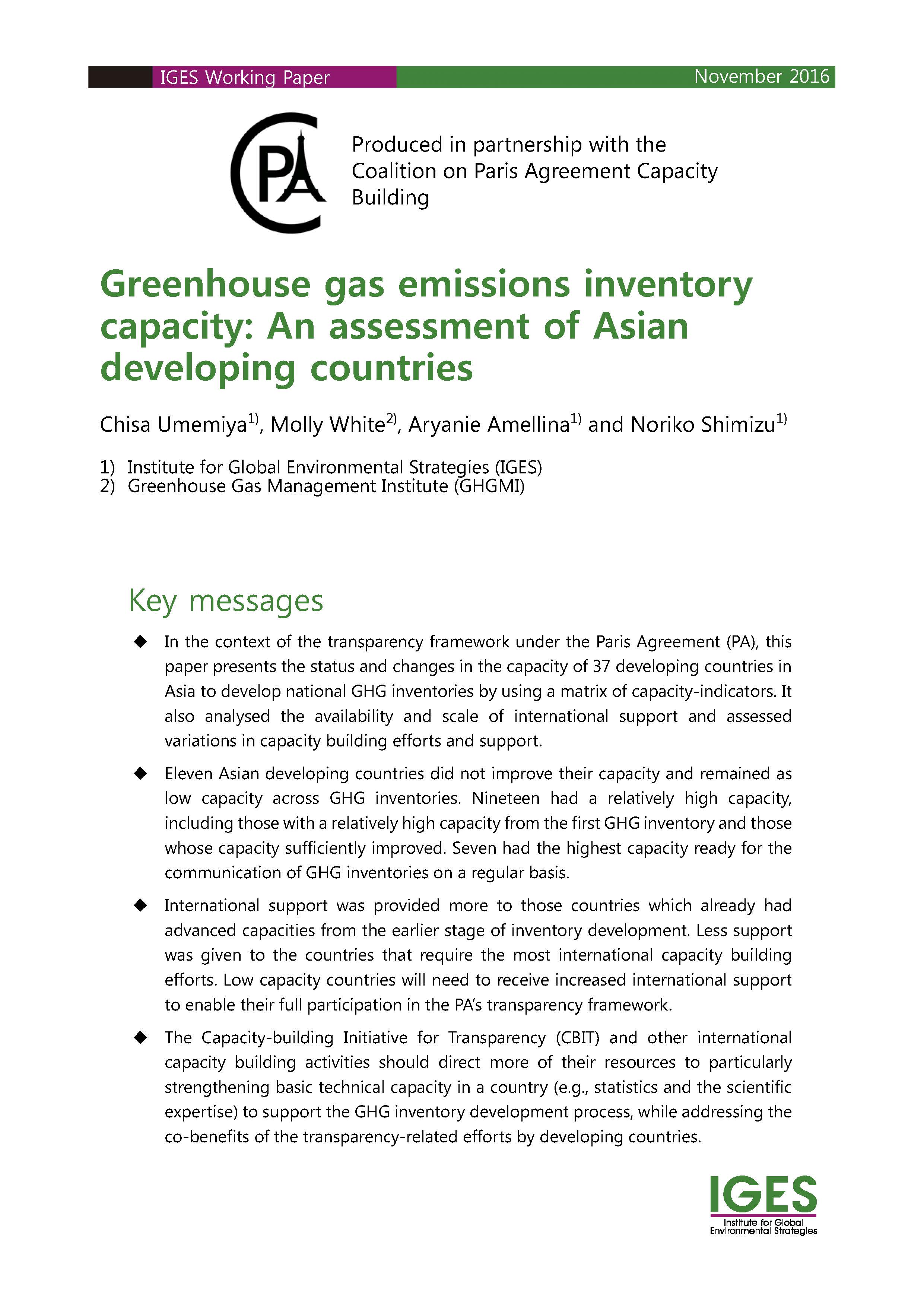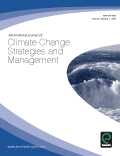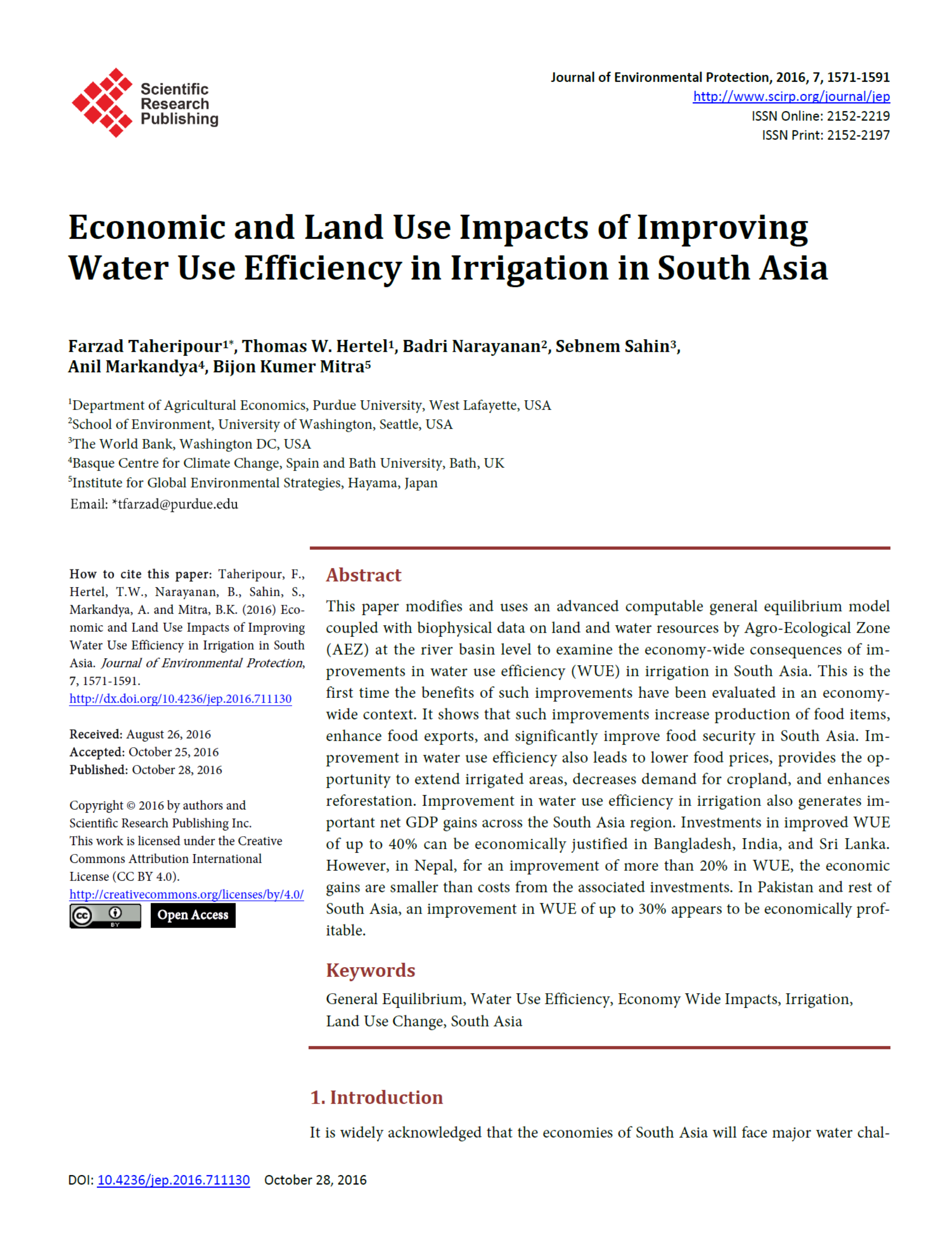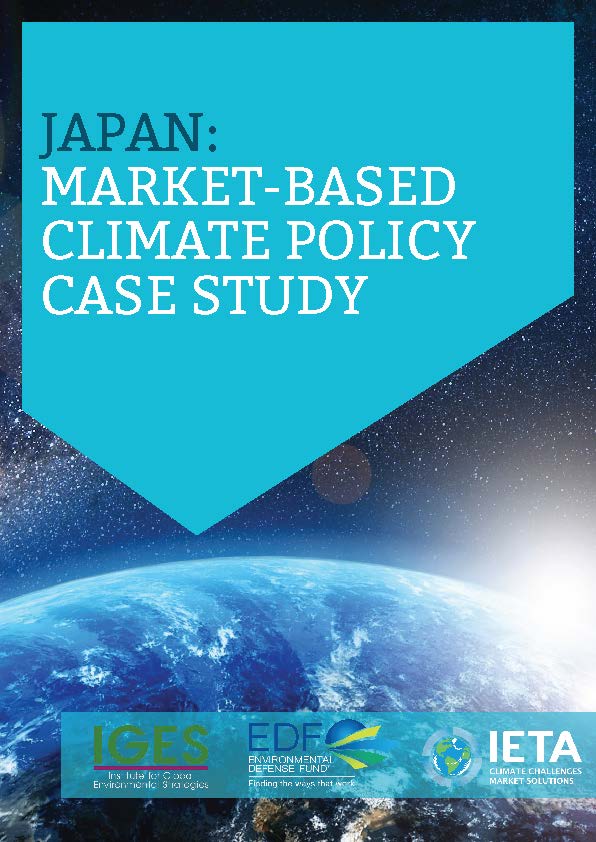In MATTER: International Journal of Science and Technology
Due to ever increasing demand, the electronics industry has been growing at a rapid pace, and therefore handling and management of Waste Electrical and Electronic Equipment (WEEE) has become one of the key problems in the modern world. Improper handling and management of WEEE in developing countries can cause a huge environmental damage and threats...






